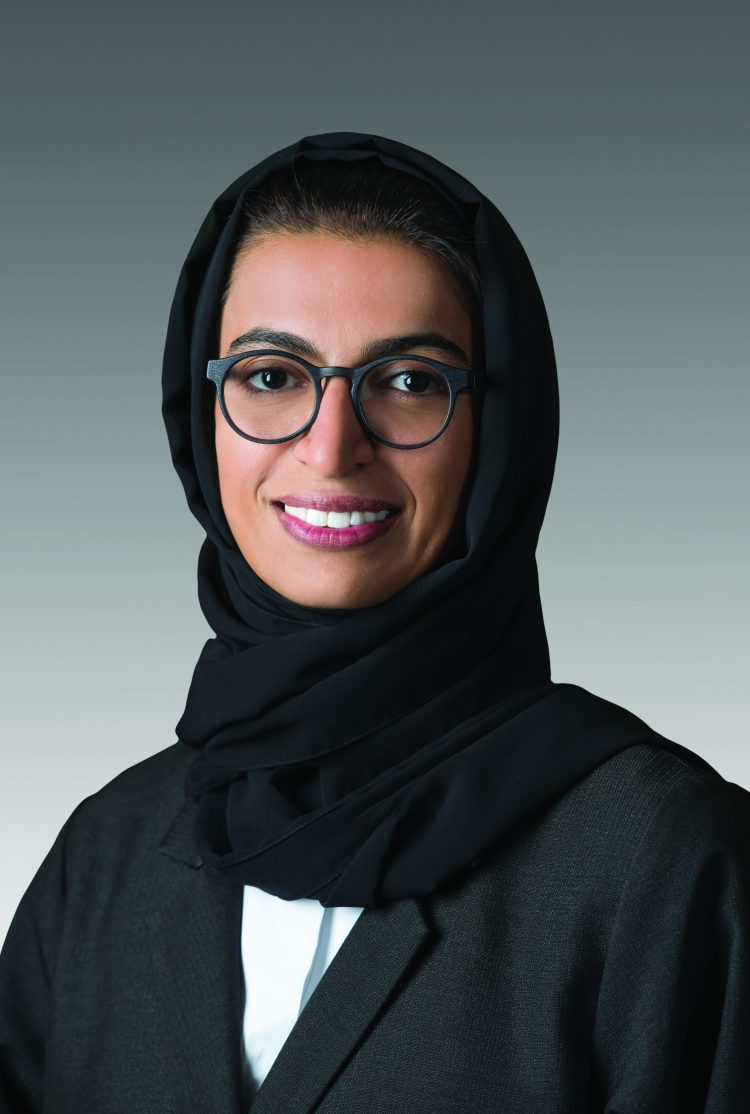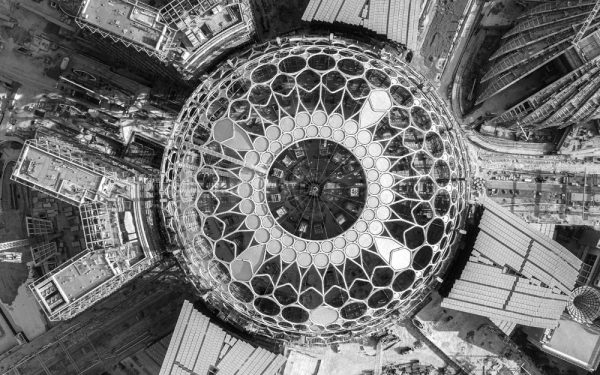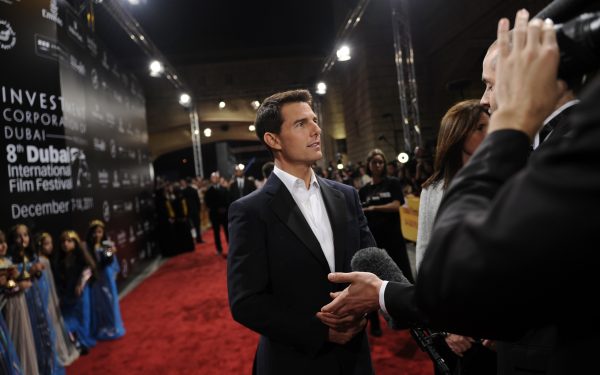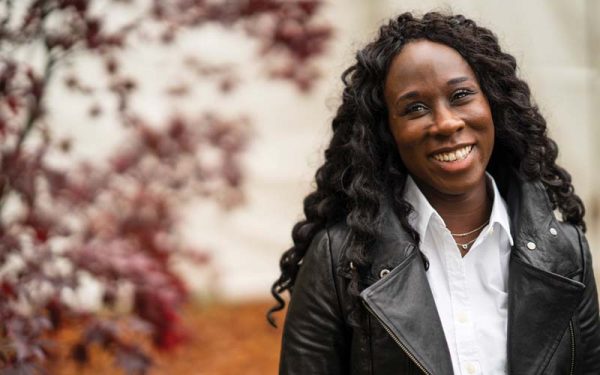When the Year of Tolerance was announced, what were your first feelings about it? What did you understand by tolerance?
When H.H. Sheikh Khalifa bin Zayed declared 2019 as the Year of Tolerance, it cemented the UAE’s position as a global capital for tolerance – a value that has been at the cornerstone of our beliefs since the country’s inception in 1971. Throughout this year, the UAE has strived to be a bridge of communication between people of different cultures that rejects radicalism and promotes acceptance of the other.
The Year of Tolerance has highlighted and will continue to highlight the UAE’s role as a hub for tolerance, its various legislative and policy-oriented goals to enhance the role of the country in instilling the values of co-existence and peace in local, regional and international communities. Our late Founding Father Sheikh Zayed bin Sultan Al Nahyan believed in the values of tolerance and coexistence and established the UAE on these foundations, to bring together people from all walks of life, regardless of their nationalities or religions.
To me tolerance is acceptance, it is the ability to understand differences and to be able to accept them without judgement and prejudice. It is through tolerance that we understand other cultures and contribute towards building successful communities.
Did you have anything specific you wanted to see done?
For the UAE, values of tolerance are nothing out of the ordinary, as a nation, it has always been a dialogue between various cultures and civilisations. When the Year of Tolerance was announced my first thought was how important it was to strengthen the values of tolerance and co-existence among cultures by teaching the youth the values of acceptance. Our youth is responsible for contributing to the welfare of the UAE’s community. How we mold them today with values of tolerance will support us in the future.
While we continue to celebrate 2019 as the Year of Tolerance, we are reminded daily that we live in region of constant change; cementing peace is best achieved through international cooperation. Never has there been such an important time to raise awareness and protect common values of solidarity and tolerance through culture and education.
What were some of the most exciting – or important – events the nation has achieved this year, with regards to tolerance?
One of our significant milestones this year was welcoming His Holiness Pope Francis to Abu Dhabi in a historical event as part of a year-long initiative to promote openness, respect and coexistence. It was a powerful testament to the longstanding values of acceptance, inclusivity, tolerance and humanity that are embedded in our upbringing and values.
What followed was the announcement to create the Higher Committee for Human Fraternity and the construction of The Abrahamic Family House in Abu Dhabi. This is another significant milestone as part of the Year of Tolerance as the house will incorporate a church, a mosque and a synagogue and serve the diverse community of the UAE for inter-religious dialogue. This project is a clear reflection of the UAE’s values of tolerance and globally renowned hospitality.
In our ongoing commitment to reconstruct heritage sites in Iraq, the UAE has also pledged to restore the 800-year old Al-Tahera Church and the Al-Sa’a Church in Mosul. This has marked an important milestone for the UAE, making us the first country in the world to restore Christian churches destroyed by ISIS in Iraq.
This project emphasises the UAE’s commitment towards tolerance as a universal concept and a sustainable institutional endeavour through legislation and policies aimed at promoting the values of tolerance, dialogue, coexistence and openness to different cultures.
Could you describe the Al Burda and what its main aims are? Are there any specific highlights you can point to over its last fifteen years?
Al Burda is a project that is dear to all our hearts and is in line with the Ministry of Culture and Knowledge Development’s mandate to support and facilitate the future of Islamic art and culture. We are very excited about contributing to building a bright future for Islamic art and culture; the potential is immense especially with studies pointing out to high prospects of substantial growth in the next couple of years.
Over the past two decades, contemporary Islamic art has re-emerged as an essential part of the global art scene. It has been heart-warming to see how artists from across the world – from China, Russia, Pakistan, Saudi Arabia and the United Arab Emirates – are able to create works with innovative mediums and materials and breathe new life into what has been traditionally viewed as an ancient art practice.
Al Burda highlights the Ministry of Culture and Knowledge Development’s commitment to utilising every effort and partnership available to highlight the creativity in Islamic art and culture across its various disciplines. Al Burda’s expansion and growth to become a biannual Festival is testament to the Ministry of Culture and Knowledge Development’s commitment and ambitious aspirations for Islamic art and culture.
The Al Burda Endowment includes grants to well-known artists in the region like Ebtesam Abdulaziz and Ammar Al Attar, as well as interestingly, artists from Russia and Hong Kong. What was the reasoning behind this?
Last year, the Ministry of Culture and Knowledge Development conducted Swarm AI study, which engaged experts in the field to explore the status of Islamic art globally. The results revealed that a key challenge for artists working in the field is the lack of funding and public understanding of Islamic art.
This led to the launch of Al Burda Endowment, a government-funded initiative to support 10 artists who explore Islamic art practices. Last year, we announced the names of these artists and I am proud to see their works unveiled at Abu Dhabi Art 2019.
Islamic art is not limited to a religion, geographical location, or time period. Take for example Chinese artist Stanley Siu, whose work encompasses motifs in Islamic art that he explores through traditional Chinese brushes and geometrical architecture. At the Ministry of Culture and Knowledge Development, we are firm believers in the power of art to narrate people’s history and culture across times – this offers a mirror into new worlds. By simply being and existing for others, art becomes a common, global language that transcends boundaries and connects cultures.
How do you think this initiative will champion unexpected Islamic art – pieces that people may not think of as being traditionally ‘Islamic’?
Contemporary Islamic art is a vast topic; it incorporates motifs such as geometry, florals, architecture and colours. Islamic art is often vibrant and distinctive. It is not restricted to religious work but includes all the artistic traditions in Muslim culture. Its strong aesthetic appeal transcends time and space, as well as differences in language and culture. Islamic art seeks to portray the meaning and essence of things, rather than just their physical form, calligraphy is a major art-form in Islamic art.
With Al Burda, our aim is for everyone to see this. To learn more about what Islamic art is and can be – from the traditional and classic to the new and contemporary.




